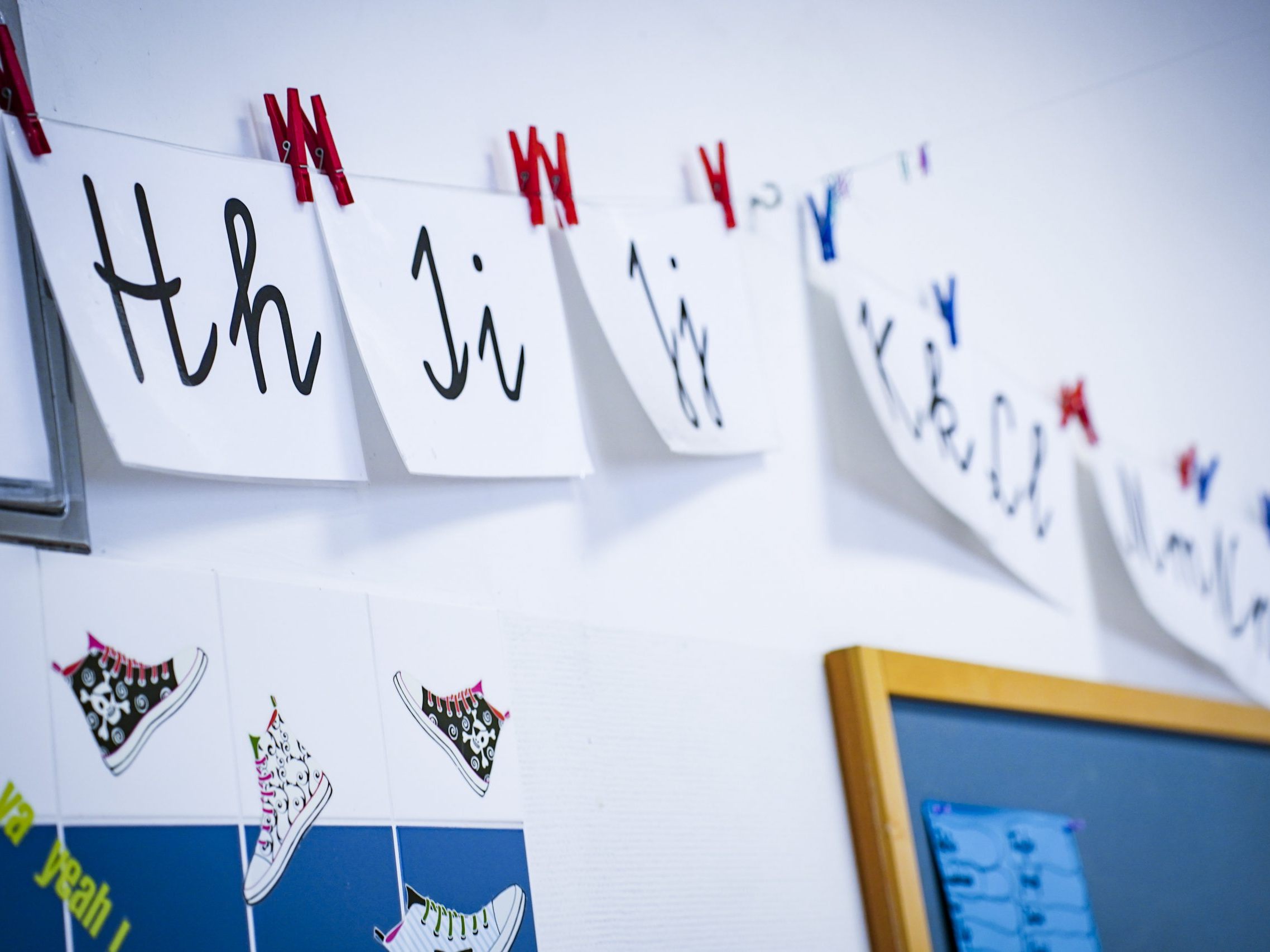Call for Paradigm Shift in German Language Support

A paradigm shift in German language promotion was demanded on Wednesday by experts in multilingualism in kindergartens and schools. The current structures with German tests in kindergartens and schools and separate support groups put pressure on children, parents, and educational staff, take away the children's joy in the language, and thus clearly fail the purpose of promoting German learning, according to the consensus at the press conference.
The current conditions and tests lead to children understanding German only as a means to an end, to pass the MIKA-D test, which is used for allocation to German support classes and courses. "The creative, communicative, and social value of language is lost," warned Carmen Kovacs from the association Startklar, which offers early childhood language support with special involvement of parents. It is also not enough to remind parents of their duties. They must be provided with the necessary information, for example.
"Clear signal that state structures are not sufficient"
The requests from kindergartens and schools for support from Startklar have increased significantly in recent years, reported Kovacs at the event, which began with a minute of silence for the victims of the rampage at a school in Graz. "This is a clear signal that state structures are not sufficient." Kindergartens, for example, need multi-professional teams with German support staff. However, these must be a fixed part of the team, emphasized Natascha Taslimi from the Network for Elementary Education NEBÖ.
Saskia Hula, director of the all-day elementary school Am Schöpfwerk in Vienna-Meidling, also expressed dissatisfaction with the current structures. At her school, 90 percent of the children start as "extraordinary students" due to German problems, even though most were born in Austria and attended kindergarten. Twenty-five years ago, the proportion of students with German deficiencies was similarly high, and German support worked "sometimes better, sometimes worse" then as it does now. However, the effort with 250 MIKA-D tests per year at her location is now significantly higher than before. This division into German support classes and courses at her location is pedagogically nonsensical due to the many affected children. "This is incredibly laborious for nothing and again nothing." A major problem is also that there is far too little teaching staff with special training in German as a second language.
Criticism of tests
Verena Blaschitz from the Network for Language Rights also advocated for integrative rather than separating German support. The test regime should be abolished, the currently used tests BEKS compact for kindergarten and MIKA-D are "unsuitable" for assessing German skills. The linguist from the University of Vienna also rejected the currently discussed idea of German tests for three-year-olds, as these, like threats of sanctions, would hinder rather than facilitate German learning. Overall, language learning is a complex process. The German support classes, where the teacher is often the only German-speaking language model and the children therefore have little opportunity to speak actively, are also obviously not very effective, she pointed out the low rates of transitions to regular classes before the end of the two-year period.
To improve the situation, more German support staff with appropriate training are needed, in addition to better involvement of parents, the experts demanded. Furthermore, multilingualism should be seen as something positive or at least normal, even with less prestigious languages than English or French, appealed Blaschitz. Director Hula, for example, places great importance at her school on children being confident in their first languages. During the reading day, books were read in twelve different languages. "Ridiculous" and nonsensical, however, is that children with poor German skills are still supposed to be taught with standard school books for children with German as their first language.
Existing structures such as native language instruction are not sufficient for promoting multilingualism, according to the experts. This is only a non-binding exercise in the afternoon, and the teaching staff used there do not have comparable training. "They cannot ensure that the first language becomes the language of education," said Hula. The fact that with the current reform of teacher training, all prospective teachers will be required to take courses in German as a second language is a step in the right direction for Blaschitz. However, the scope is so small that the measure will probably not be very effective.
(APA/Red)
This article has been automatically translated, read the original article here.





